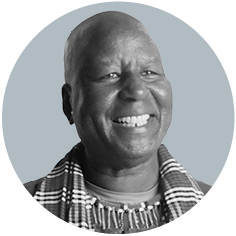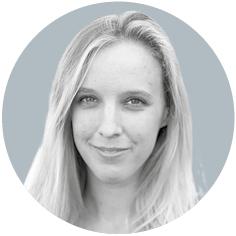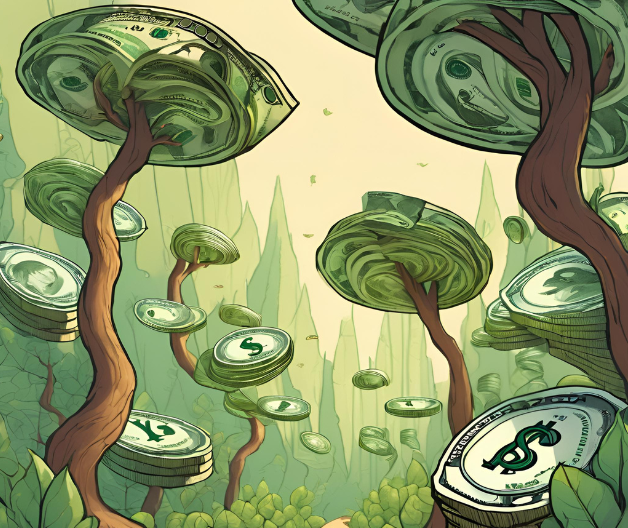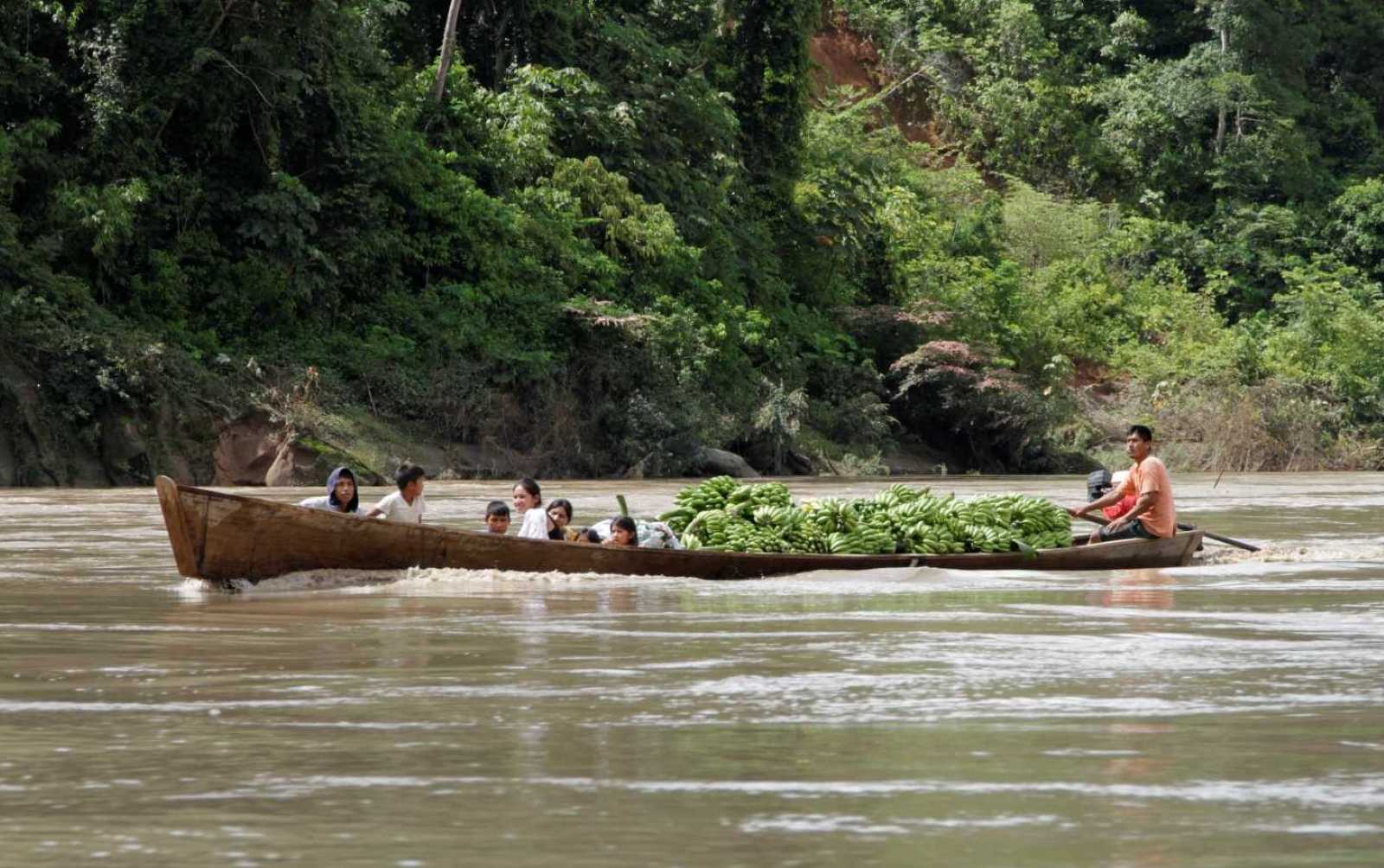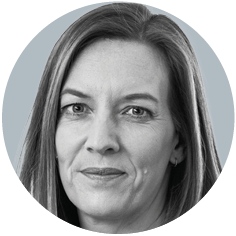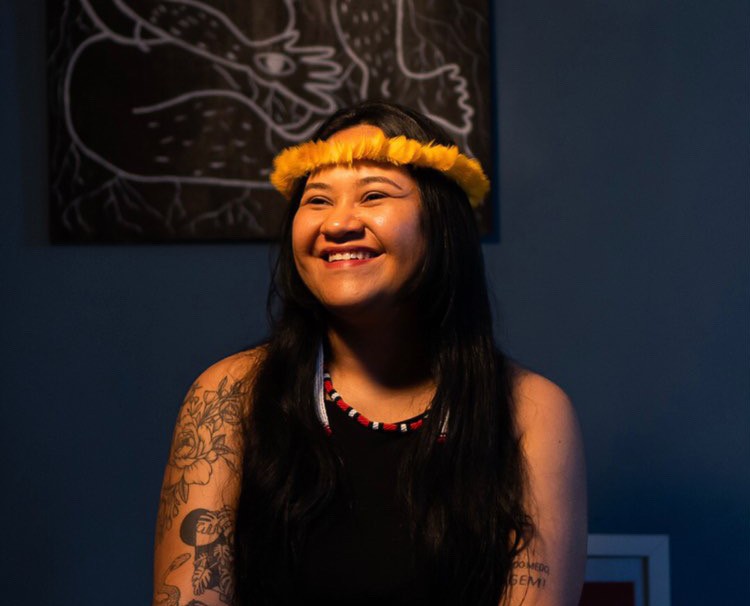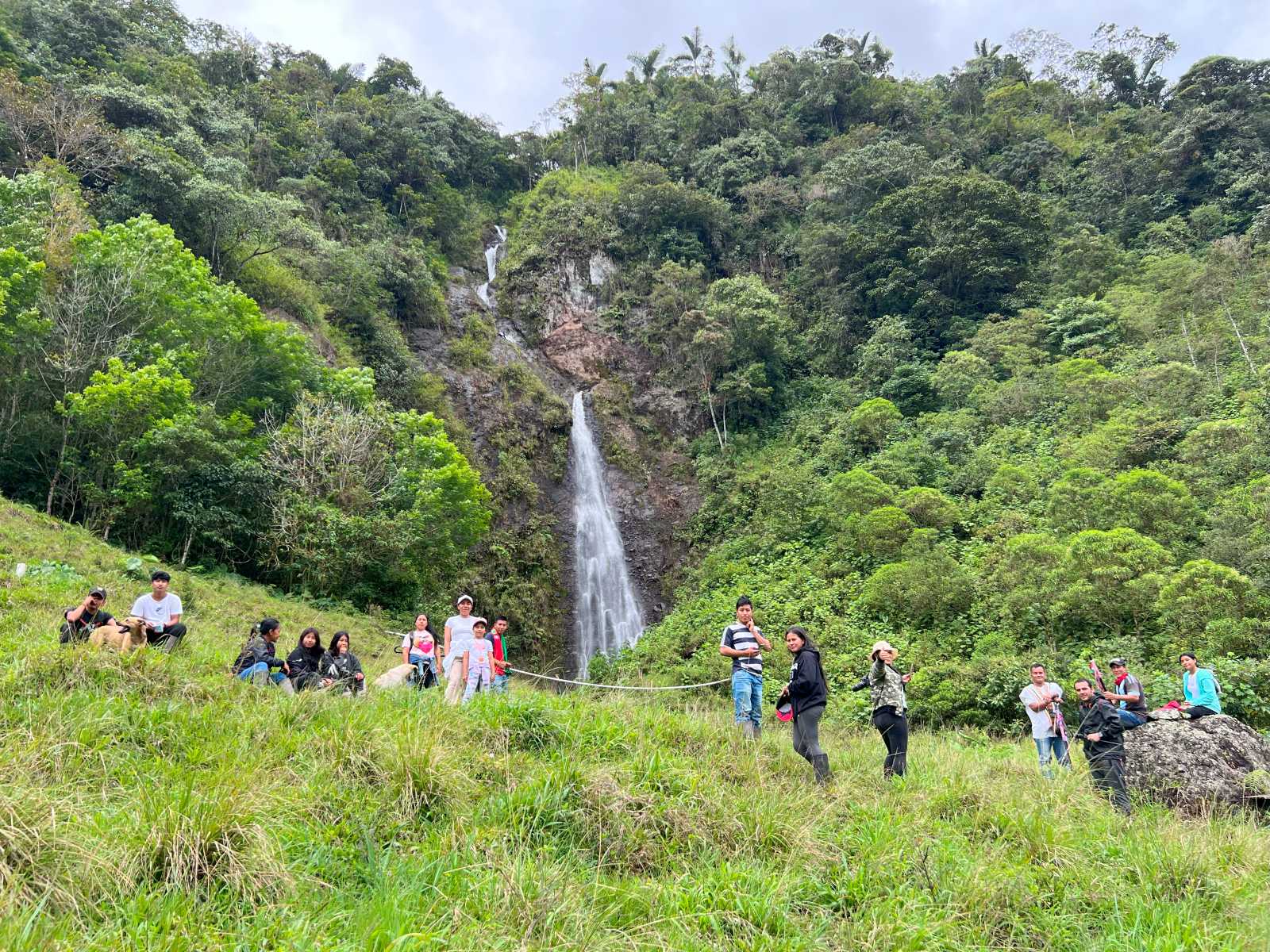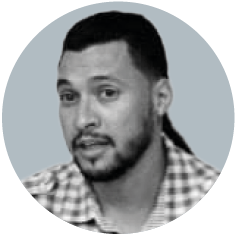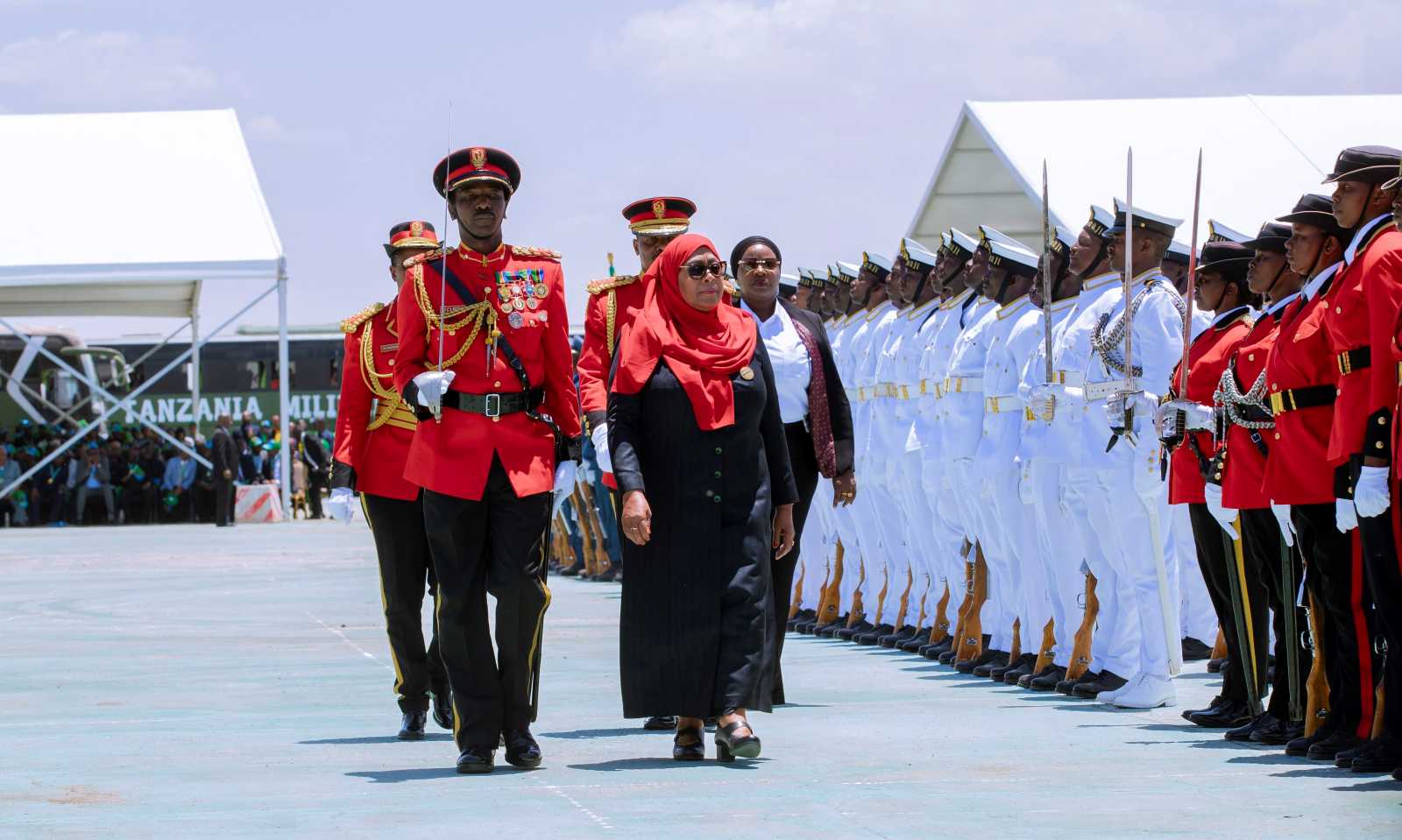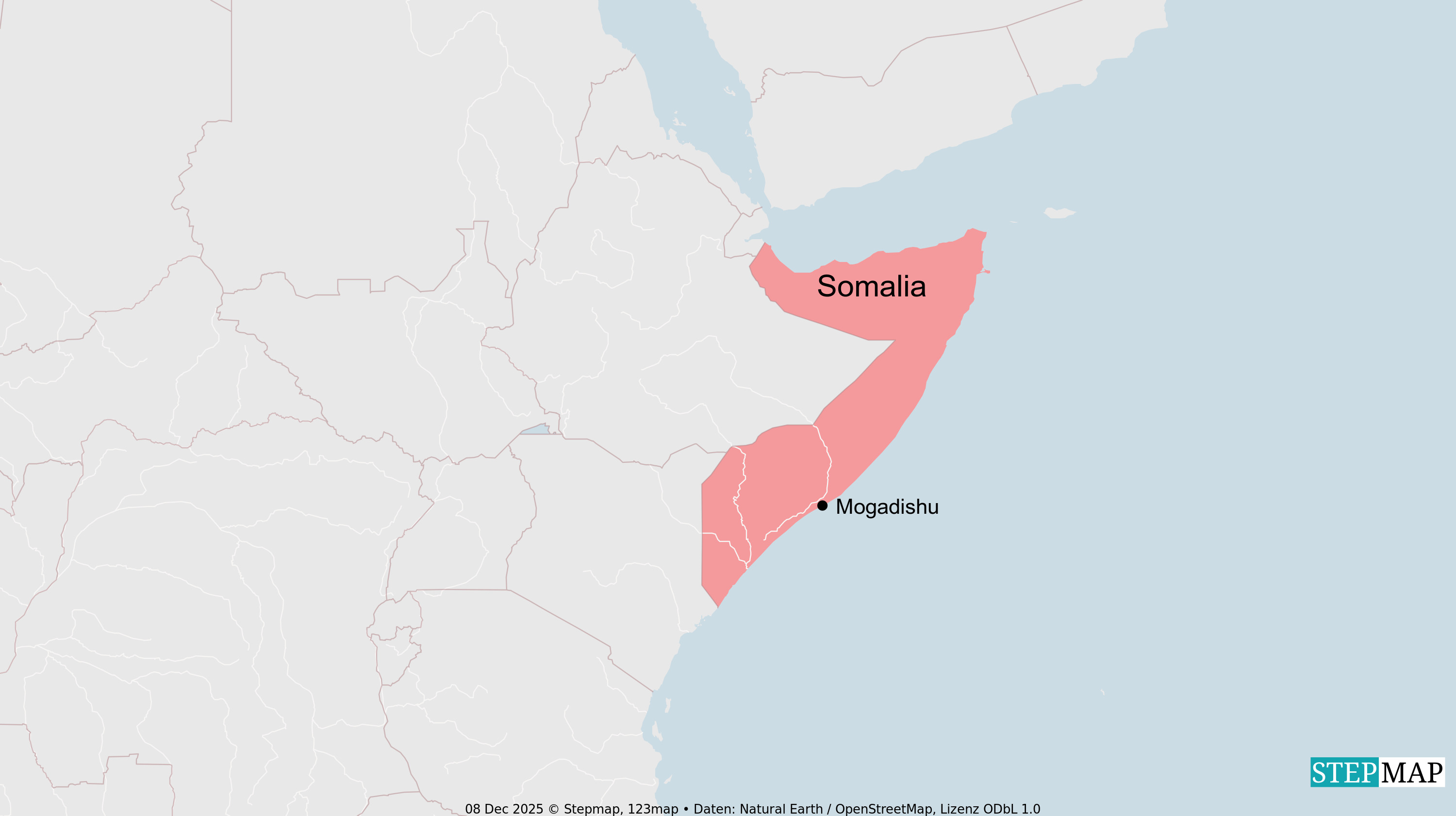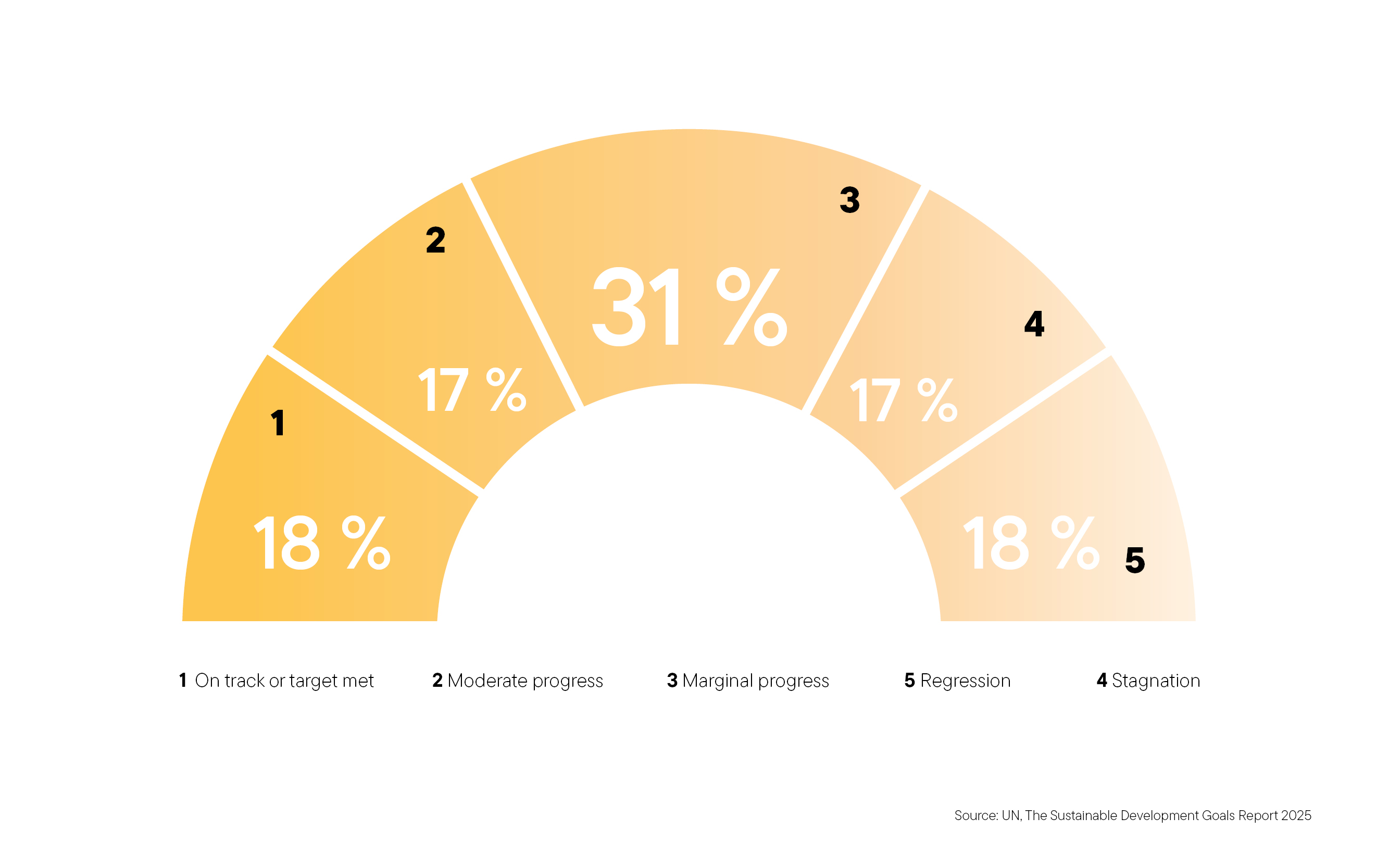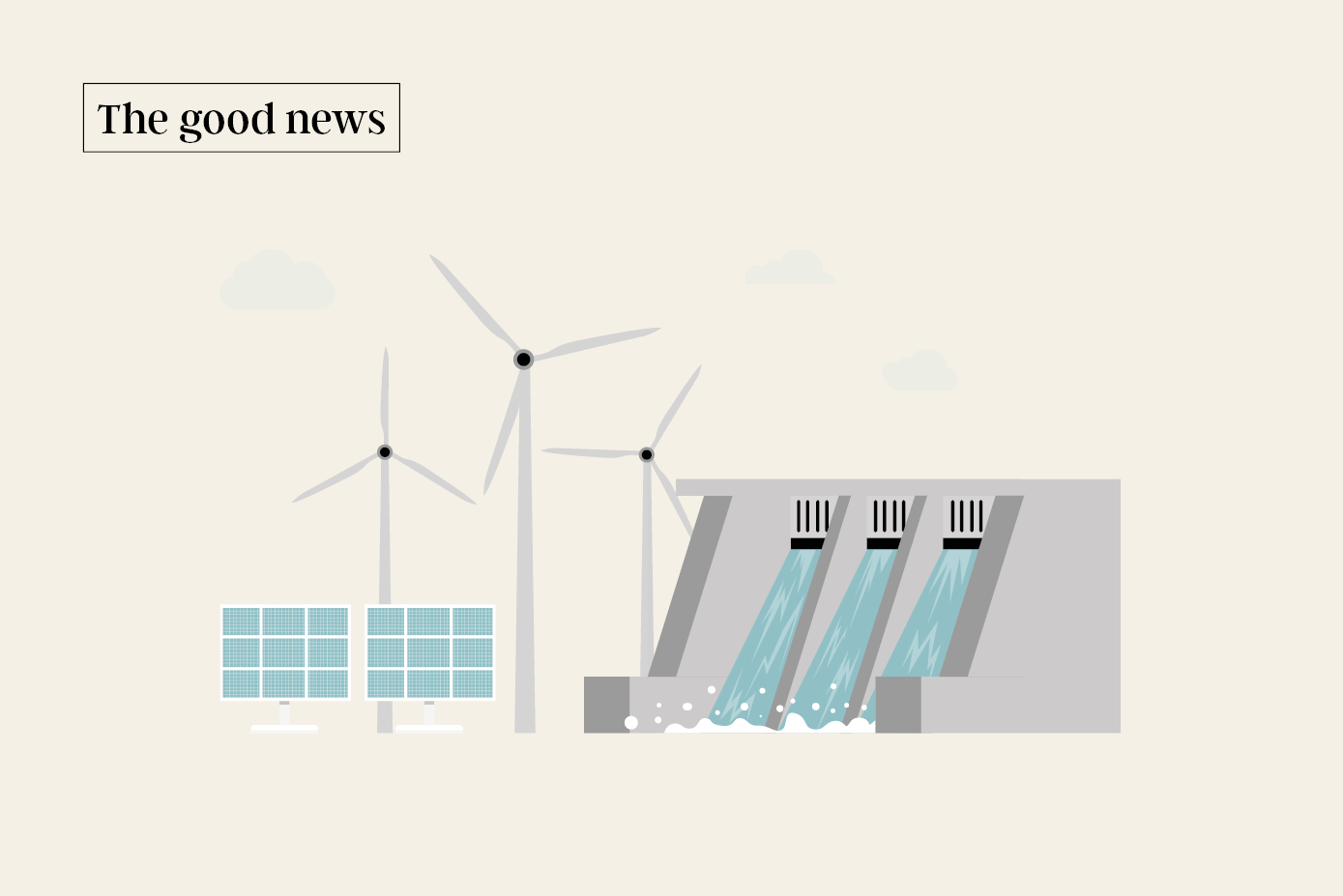Indigenous voices
“The world is ours together”
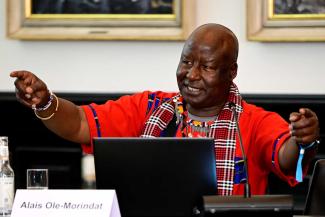
This article is part of an interview series featuring Indigenous voices from different parts of the world, including a Turkana from Kenya, a Santal from India and a Sámi from Norway.
You come from a Maasai village near Tarangire and Manyara National Parks in Northern Tanzania. What does your Maasai identity mean to you?
As a Maasai person and a pastoralist, my philosophy of life is built on three pillars from which I see my God, the people on Earth, the future and my reality. The first of these pillars is natural resources: water, pasture, highlands and lowlands, forests, grasslands, salt pans and wildlife. These resources are gifts from God Almighty, and with this gift comes the responsibility to protect them for the millions of people who are yet to come. I have to pass the stick to the younger generation and tell them to protect this gift as well. The second is my livestock herd: the cattle, sheep and donkeys. They enable me to live from one day to the other. I drink milk, eat meat, sell cows and use the money to pay bills and taxes. My livestock also uses the first pillar, as they need the land, pastures and water. The third pillar is my community: together we must flourish. Our approach is co-existence, and our key strategy is mobility. As we live in drylands, if there is no grass or it doesn’t rain, we move to the next place. We negotiate how we move with other people, so that we don’t have to fight. All of this is our system.
However, this system is now at risk.
It is being interfered with by businesses of all kinds such as agribusiness, the extraction of gemstones like tanzanite, rubies and diamonds and the construction of luxury camps and hotels. This is happening at a time when the rains are poor, the climate is changing and the world is not at ease. As Indigenous Peoples we are afraid that more natural resources will be required and that we will lose ground.
What would you like to tell those people who are disrupting your way of life?
We think that the industrial world has been too selfish in extracting resources. For a long time, we Indigenous Peoples have protected the environment and fauna that these people are now going to exploit. We have been the custodians of biodiversity, as this is part of our philosophy. The economic and political value of the resources is important, but the socio-cultural and spiritual meanings are even more important to us. Maintaining the natural balance gives us an element of peace and a reason to look into the future in a positive way. We should not be selfish. As a generation, we should play our role and pass the stick to those who are yet to be born.
What could improve the situation of your community?
We need to be put at the centre of any development dialogue and conservation process – as subjects, not as objects – and we have to be able to argue our case to policy and decision makers. It is important that these processes are informed by science, but also by our traditions and values. If we are to secure the future of the world, there’s no time for monologue, we need true dialogue. But the current structures allow only a few people to discuss and make decisions. At present, we Indigenous Peoples are not at the forefront of the debate, even though we are the ones who stand to lose the most due to climate change. I want the poor, marginalised and voiceless to be part of the discourse so their perspective also influences politics and the way we, as human beings, should live. The world is ours together, we must also talk together.
Alais Ole-Morindat is a Maasai pastoralist and a programme director at African People and Wildlife (APW). He strives to build climate resilience in pastoralist communities and has cooperated with several international organisations and NGOs.
olemorindat@hotmail.com
We talked to Alais Ole-Morindat at a press conference organised by Aid by Trade Foundation at Hamburg Sustainability Conference 2025.
